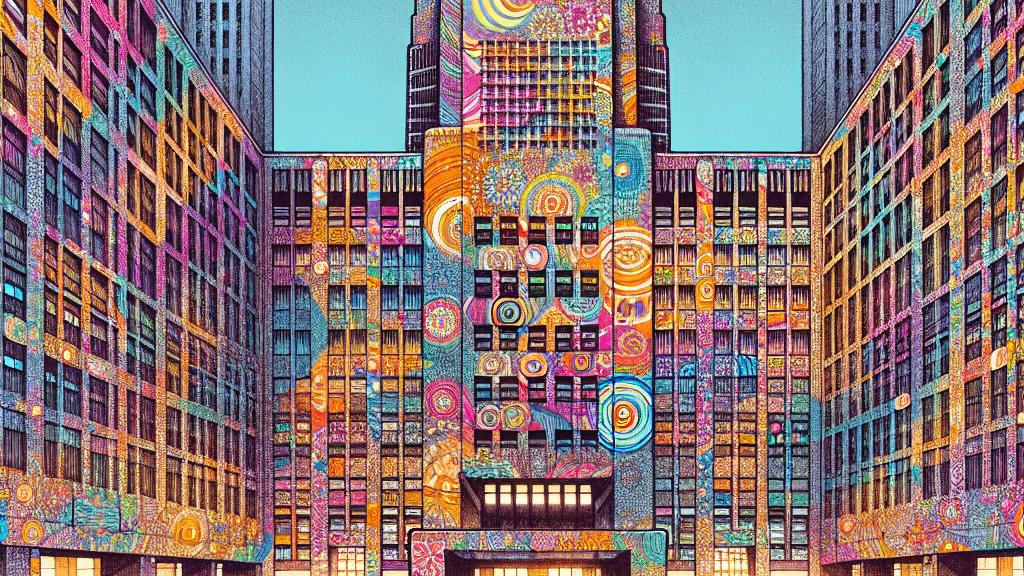Illuminating Controversy: Tokyo's Projection Mapping Dazzles Amid Criticism!
Overview
- The Tokyo projection mapping event attracts over 300,000 visitors, transforming the city's skyline with stunning visuals.
- Critics question the allocation of a 1.65 billion yen budget, arguing for better alternative uses of taxpayer money.
- Public opinion reveals a complex landscape of admiration for artistry mixed with concerns over fiscal responsibility.

A Dazzling Spectacle in Shinjuku
Tokyo's Shinjuku district has been illuminated by a breathtaking projection mapping event that has drawn more than 300,000 spectators since its launch in February 2024. Visitors marvel at the way the Tokyo Metropolitan Government Building is transformed into a vibrant canvas adorned with colorful patterns and imagery, expertly synchronized with music that resonates throughout the square. Families, couples, and international tourists gather to witness this free night-time spectacle, with many expressing their delight. One viewer remarked, 'I was initially skeptical about the expenses, but the sheer beauty of the display took my breath away. It was an emotional experience that brought us all together.' This sentiment underlines the ability of art to create shared moments of joy and connection in a bustling metropolis.
Fierce Criticism of Budget Priorities
However, this enchanting display has sparked significant debate regarding its considerable budget of approximately 1.65 billion yen over two years. As criticism mounts, many residents and political figures urge for the funds to be redirected to more pressing needs such as education, healthcare, and infrastructure. This financial scrutiny becomes even more pronounced in the context of the upcoming 2024 gubernatorial elections, where candidates leverage the topic as a critical point in their campaigns. Some argue that investing in public art not only enhances Tokyo's cultural appeal but also generates economic benefits by attracting tourists and stimulating local businesses. In contrast, others feel that such extravagances are inappropriate in the face of rising costs of living and social inequalities that require immediate governmental intervention.
Complex Public Responses Reflect Broader Values
The reactions from attendees and the wider public emphasize a complex perspective on the value of art versus fiscal responsibility. While many people celebrate the projection mapping as a cultural achievement that enriches the urban fabric of Tokyo, others voice concerns about accountability and the consequences of prioritizing such projects. A local resident in her seventies expressed her mixed feelings, stating, 'Although I appreciate the talent and creativity involved, I often wonder if we should be spending this kind of money on entertainment when our community has so many pressing issues.' As the elections draw closer, the narrative surrounding the projection mapping event becomes a critical lens through which citizens evaluate their leaders’ priorities and the future direction of urban governance in Tokyo, making this a key moment for reflection and dialogue.

Loading...